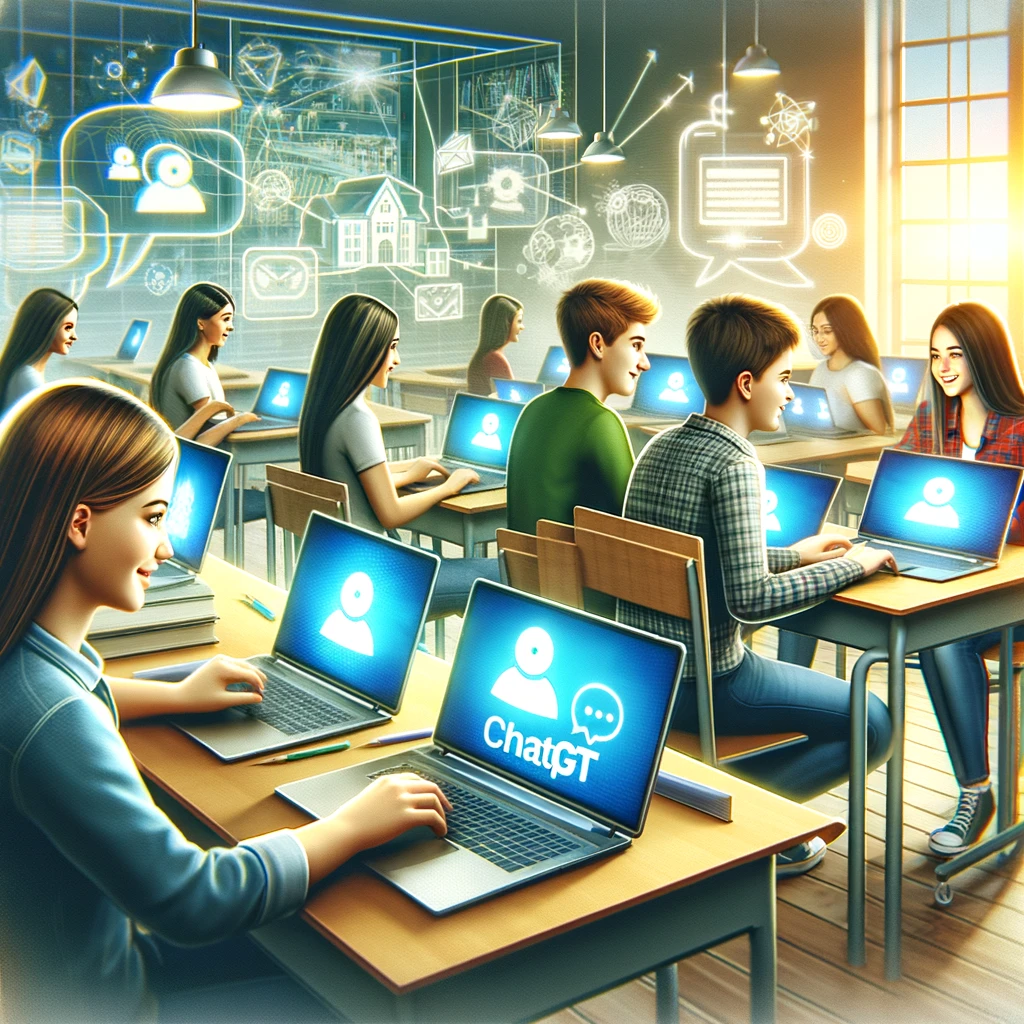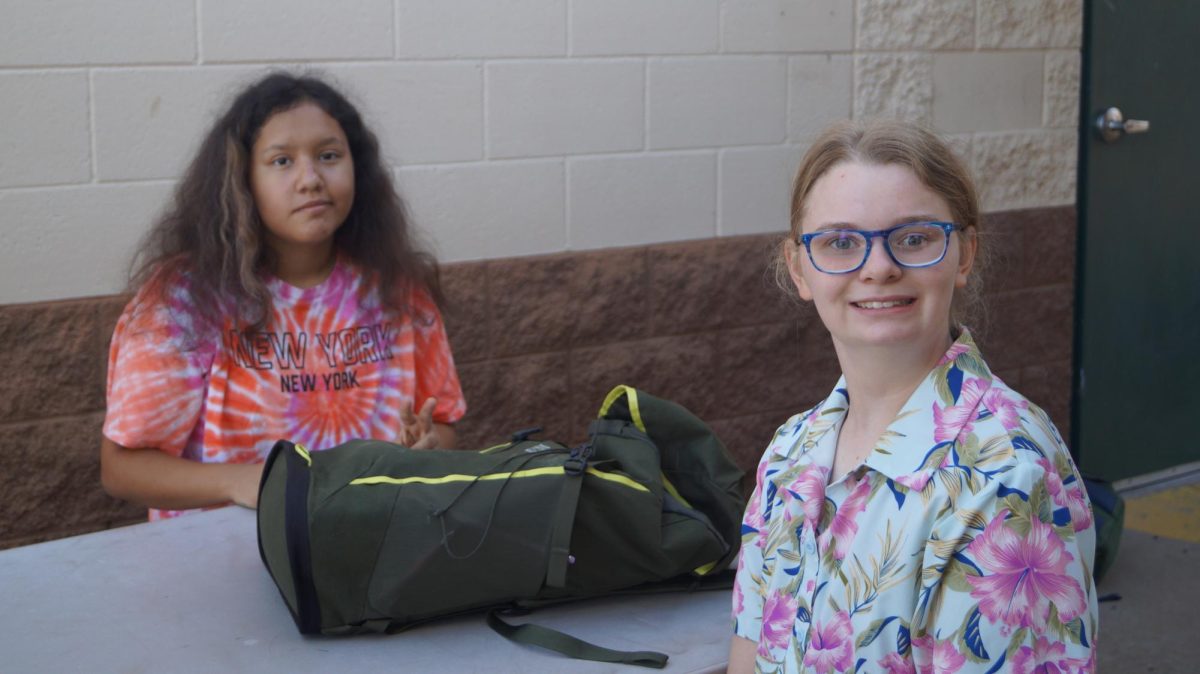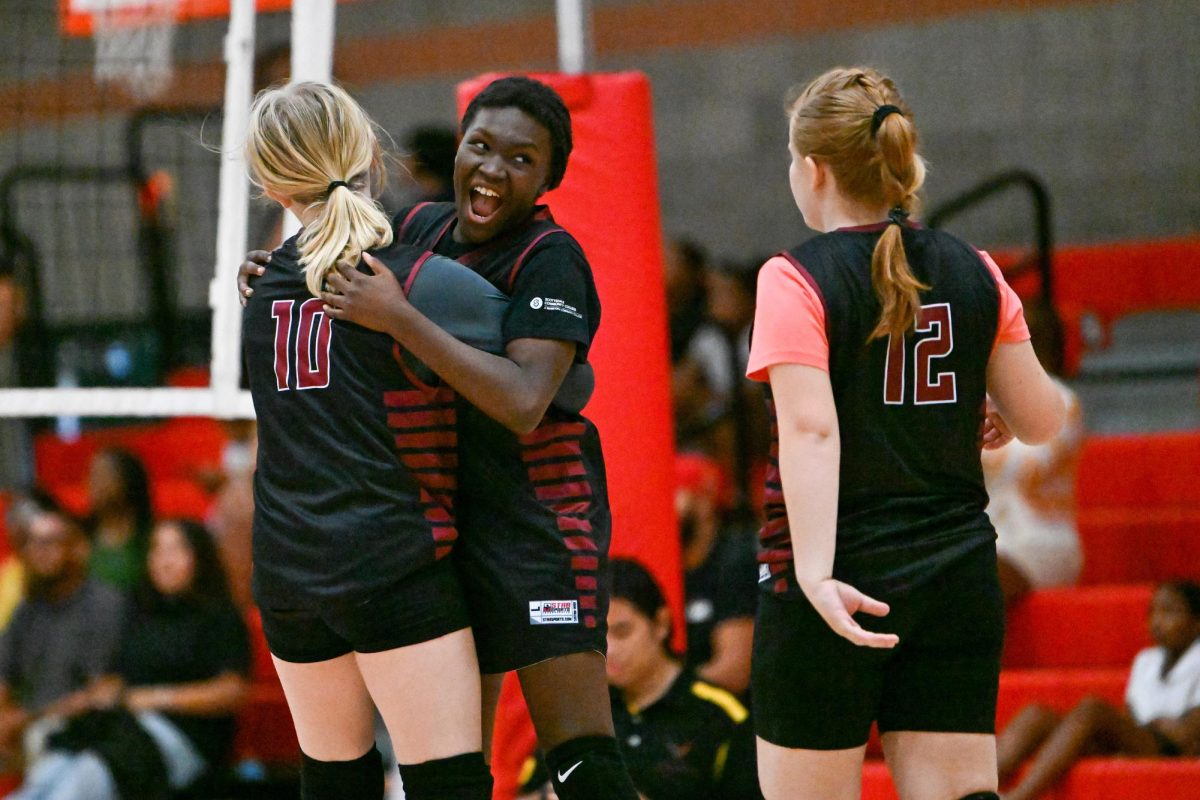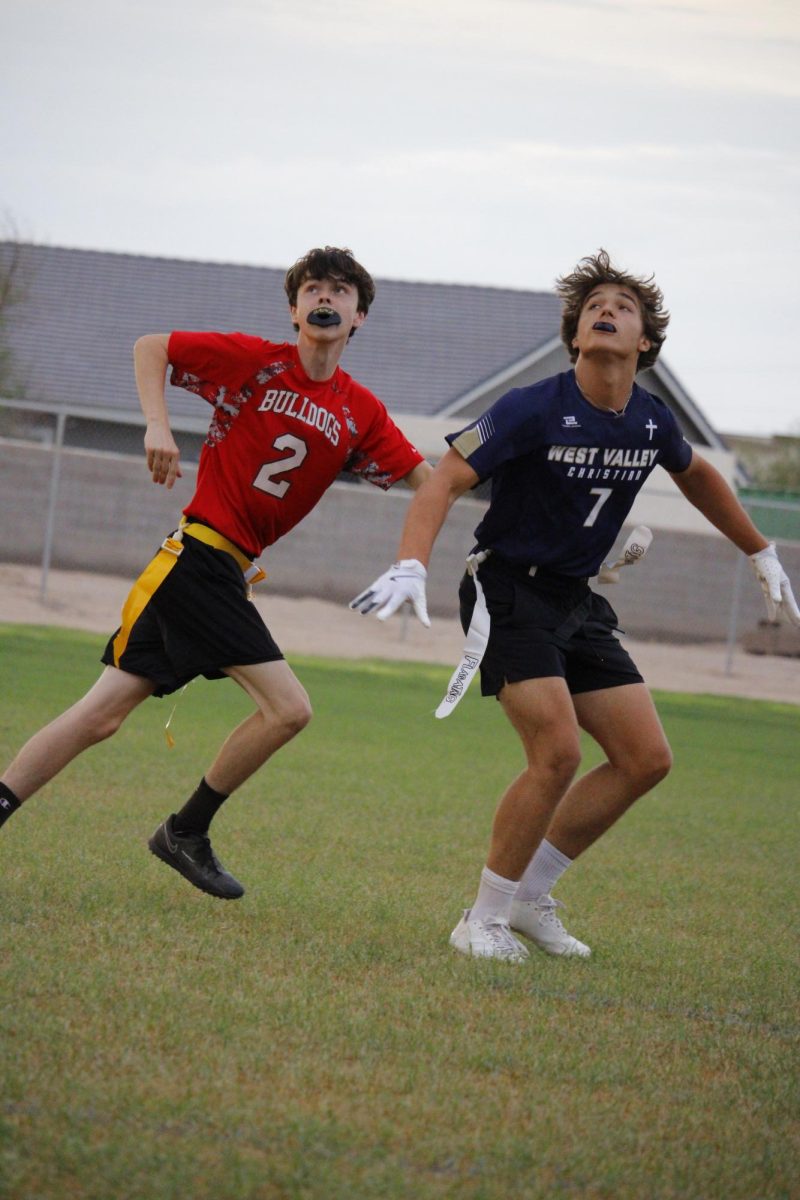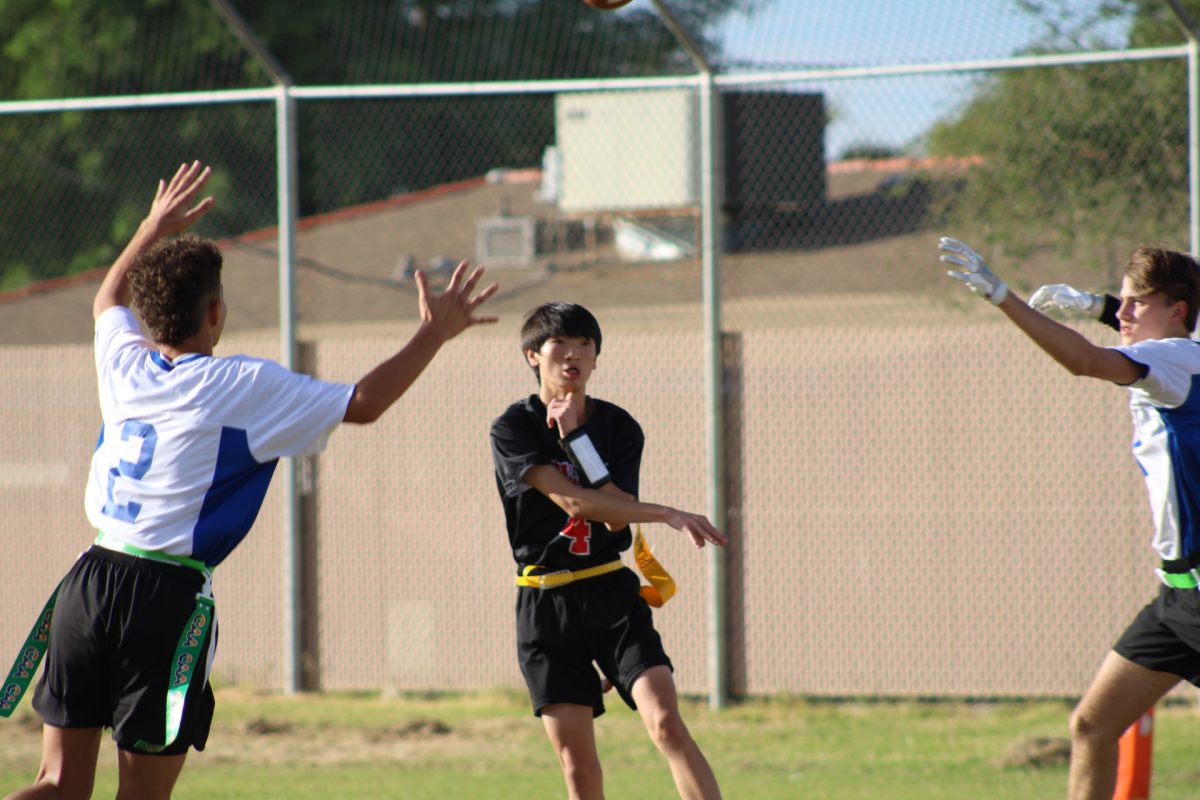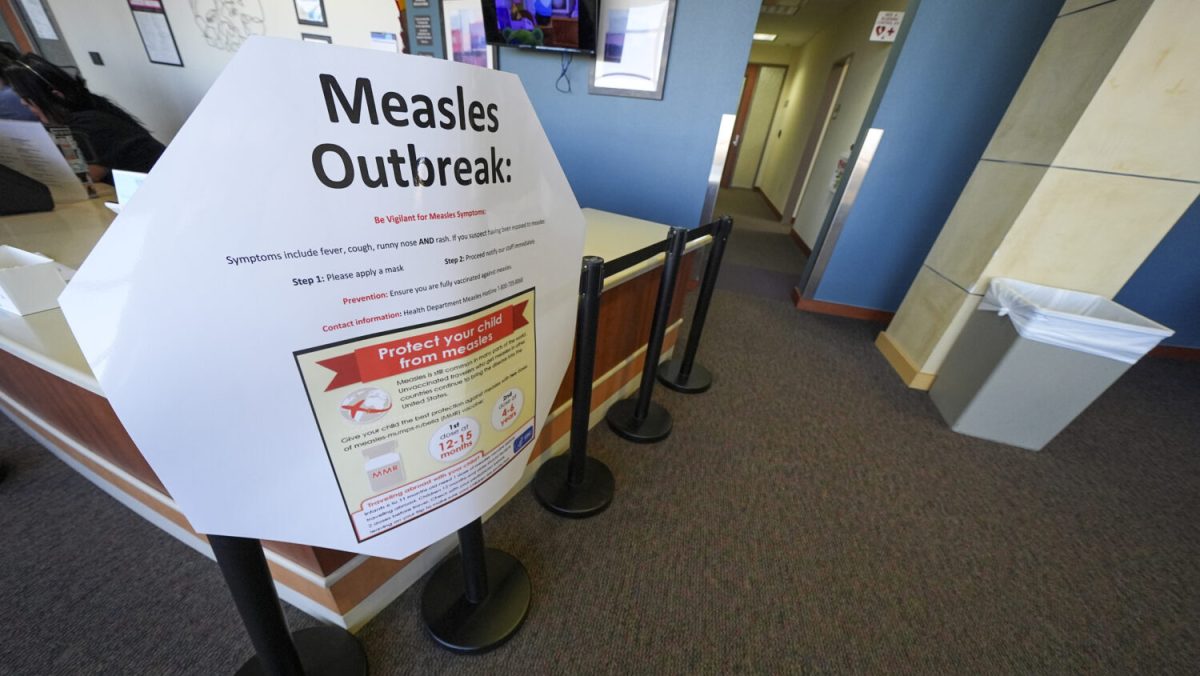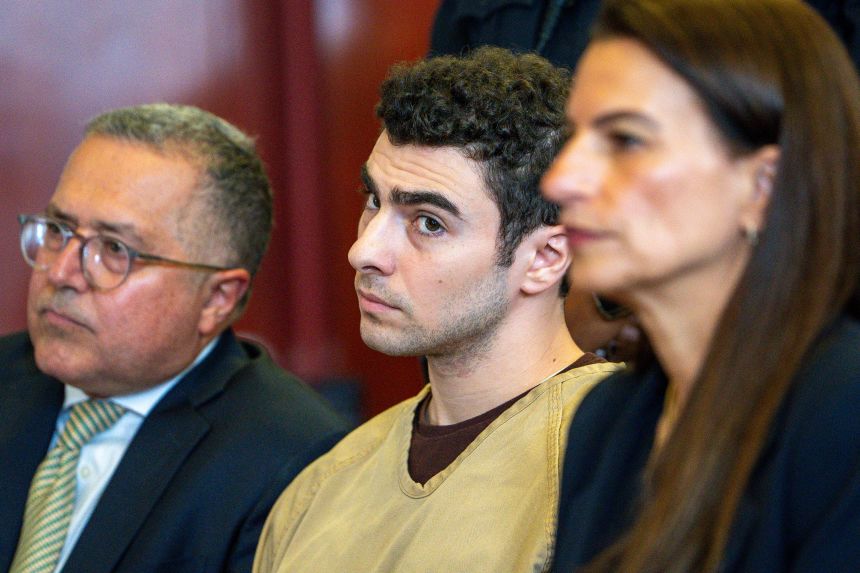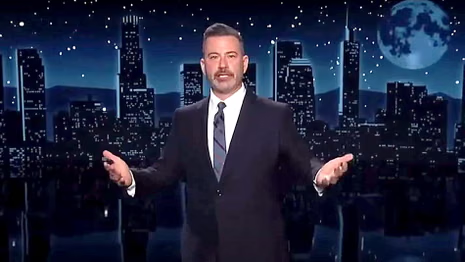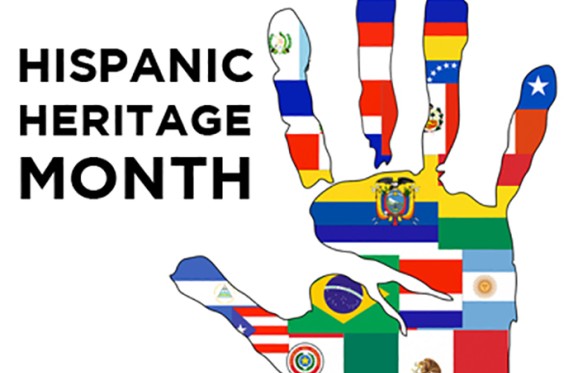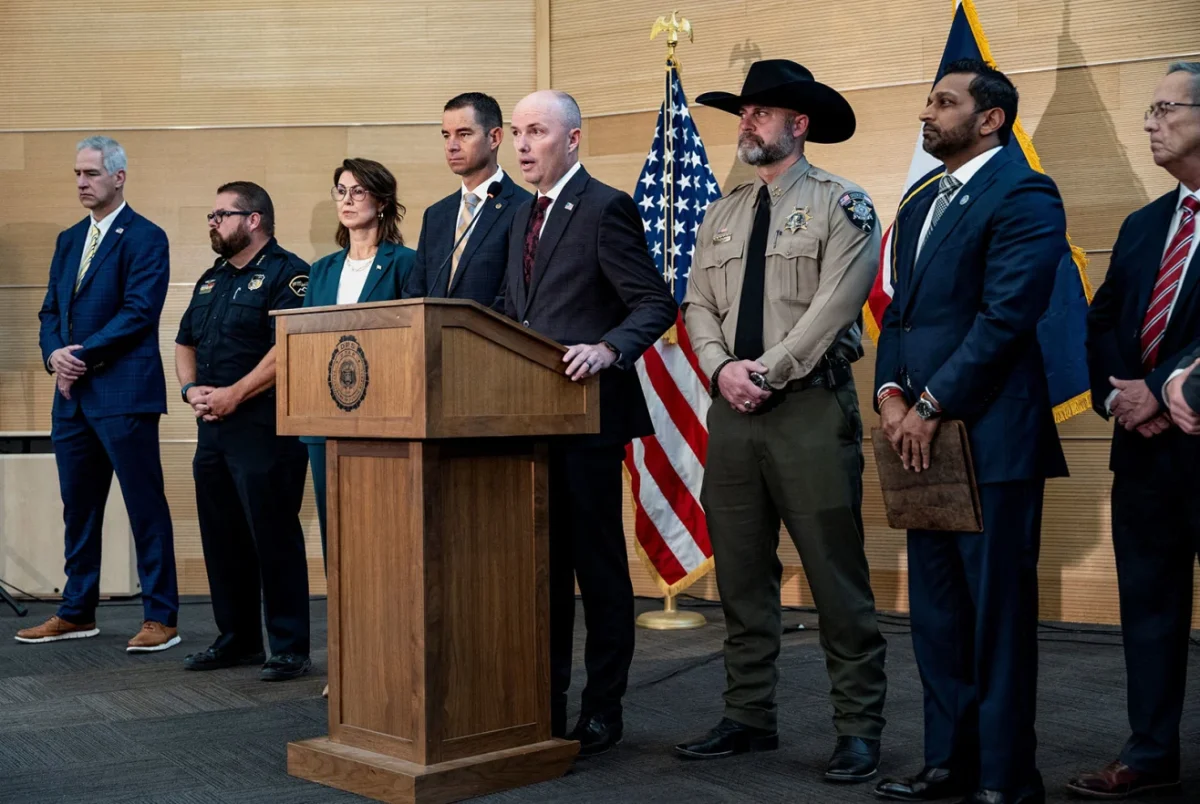Senior Gratitude Quotes, seniors telling the world what they’ve been grateful for during their time at New Way. A Senior takes to the page and writes down what they think, so as to be enshrined in New Way history and the more temporary Senior Spotlights. But a change has taken hold this year, a change forced upon students, and that many among the 24-25 class disagree with. That is to say, the forcible use of AI editing software to edit the quotes. This article is slightly biased. I will admit as not to lie to the reader; it’s biased toward the students. Still, everything stated as fact is fact, based on research and testimony. 6 seniors were interviewed for the article, and their words will make up the core of this article. Beforehand, I’m sorry for the lack of admin perspective. I did my best to secure an interview with a faculty representative but was declined both times. They said, “I do not feel the need to justify the lesson or assignment,” followed slightly later by “I am no longer moving forward with the interview. I hope you can understand my decision.” Meaning, officially, this is the student’s story and nothing else.
The first thing to talk about and the most important issue with this new system is that the Seniors don’t like it, so let’s see what they have to say. Note: all interviewees have chosen to speak to the Courier anonymously due to the publicity from such coverage. Six seniors were interviewed. Here’s an opening excerpt from these conversations, a response to the question “What was your initial reaction to the forced AI editing policy?”
Senior 1: “…I thought it was a bad idea, ChatGPT makes a lot of mistakes and it’s really bad with grammar, which is especially an issue because this is to fix grammar.”
Senior 2: “I think, ok, I have mixed feelings. It’s good for inspiration, a formative inspiration. It shouldn’t be in control. It should hold the individual’s creativity.”
Senior 3: “I was pretty mad about it, because my graduate statement is pretty personal to me, a lot of my personal experiences. But through AI, it just doesn’t sound like me anymore, like my personality is filtered out.”
Senior 4: “I think it could help a lot of people, but I guess there’s more to it.”
Senior 5: “I was laughing. I was laughing because I thought it was a joke.”
Senior 6: “The thought of being forced to use AI in an assignment gives me actual stomach pain, that’s not a joke.”
They feel their “personality” and “soul” are being pulled from it as it goes through ChatGPT. “ChatGPT dilutes what are supposed to be personal statements of gratitude. It waters down your meaningful personal statement.” -Senior 1. “I’d rather write a paragraph just to teach us how to use AI. Not use something really personal to me.” -Senior 3. All the interviewees brought this up. Many said it was useful as an editing tool, but the roadblock most of them couldn’t get past was that it stopped being their words, and it was seemingly inalterable thereafter.
Now that we know what the dominant Senior response is, let’s talk about potential motives for this change. Be warned, we know very little about the “why” but there is enough information to be worth writing. Senior 6 claimed that, “*REDACTED* outright told us it took too much effort to edit, which is why we’re using AI.” This statement was challenged by 2 interviewees, nonetheless, corroborated by another. One senior said that the gratitude quotes went through a long editing process, being looked at by “a few different people.” Someone else said that he thought the new order came from higher up, so it may not be that class’s teacher’s exclusive doing. But, again, all we know right now is that an HS Seminar teacher assigned this. As to say I won’t theorize who came up with this AI editing order.
The Seniors all gave testimony saying whether they thought the change should be upheld, optional, or reversed. 3 said reverse, 2 said optional, and 1 said it depends. No one said it should be upheld among the group interviewed. Six isn’t a huge sample size, so some may agree with the change, but most seem not to in varying degrees. But that leaves the obvious question: “What should we do instead?” And we do have answers. Everyone I talked to agreed that in regard to editing, they could trust Grammarly, ReadandWrite, or Language Tool to serve the same purpose while maintaining their own creative control. Other students brought up the idea of “just partnering up and proofreading each other’s gratitude quotes.” Although these ideas were floated in popular discourse, as far as we know, they haven’t reached policymakers. Said policymakers seem to have made these changes for the reason of it being too much trouble and having to go through too many hoops to edit the gratitude quotes themselves, as discussed in the motives section. So there are solutions on the table, what AI can do, a human with, let’s say, Language Tool help can do the same.
Now, a lot has been said about this topic in this article to boil it all down as a conclusion, here is what some of the seniors think about this in six or fewer words. “It’s a bad idea.”, “Forced, cramped, and I guess pressured.”, and “It’s counterproductive.” While this article is all about what they and I said, it will always be up to you, reader, to draw your own conclusions, so go out and do that.
This article was NOT written by AI. These are the thoughts and words of 6 interviewed seniors and Editor-In-Chief Simon McAvity

